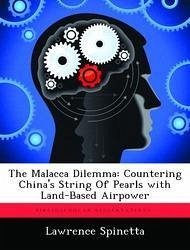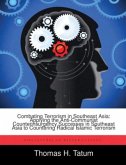China is strengthening diplomatic ties and building naval bases along the sea lanes from the Middle East. This "String of Pearls" strategy is designed to protect its energy security, negate US influence in the region, and project power overseas. China is rapidly building a blue-water navy, developing advanced missile technology, and stockpiling undersea mines to counter US Navy capabilities, especially in the event of a conflict over Taiwan. To counter China's growing naval power, the United States can exploit a critical vulnerability-China's dependence on sea lines of communication. Eighty percent of China's oil imports pass through the Strait of Malacca; the Chinese leadership calls this strategic weakness the "Malacca Dilemma." In conjunction with naval forces, land-based airpower offers a promising way to control key maritime chokepoints and trade routes. Land-based airpower proved a decisive maritime force in the war against Japanese shipping during World War II. China, like Japan at the start of WWII, is a rising Asiatic power with similar resource aspirations. Historical evidence suggests land-based airpower can control the littorals and cut China's "String of Pearls."
Hinweis: Dieser Artikel kann nur an eine deutsche Lieferadresse ausgeliefert werden.
Hinweis: Dieser Artikel kann nur an eine deutsche Lieferadresse ausgeliefert werden.








